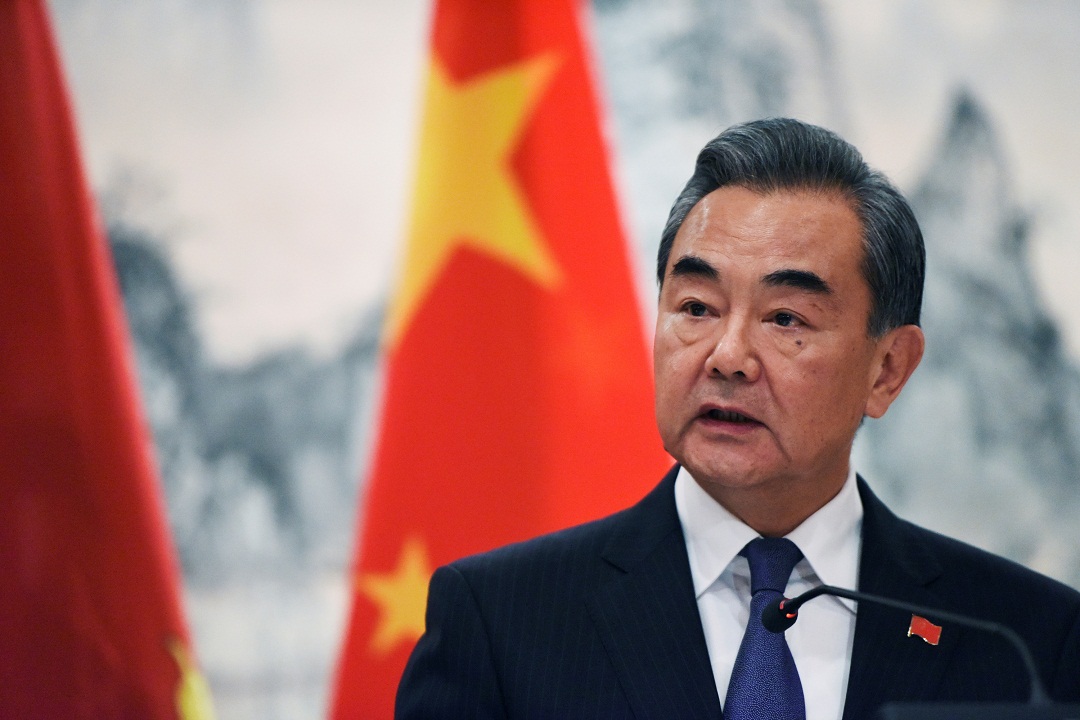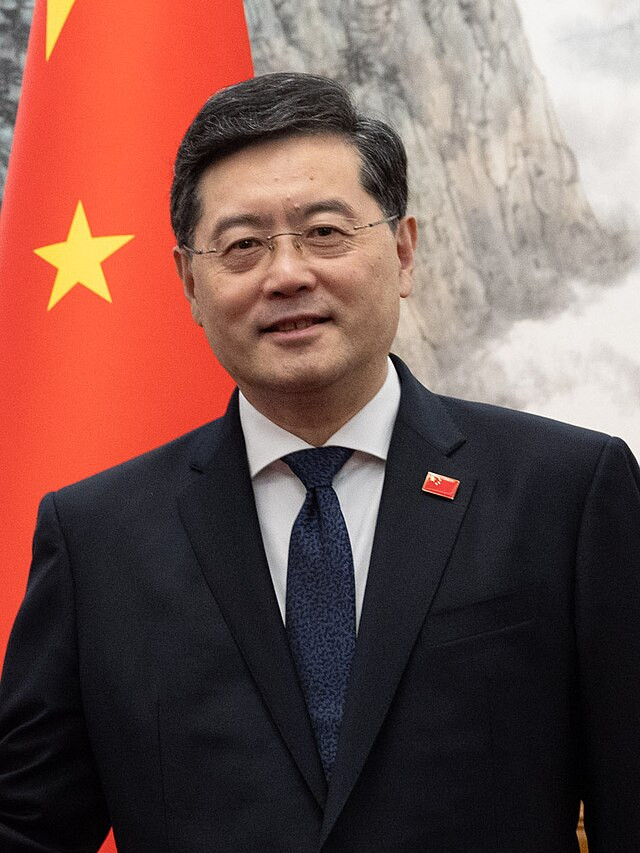In a surprising turn of events, China's foreign minister Qin Gang was replaced by his predecessor Wang Yi, following a month-long absence from public view. This sudden change in the country's foreign policy leadership has sparked widespread speculation and intrigue.
Qin, 57, a career diplomat and trusted aide of Chinese leader Xi Jinping, had been appointed foreign minister in December after serving as China's ambassador to Washington. His absence from public duties and the subsequent replacement by Wang Yi, who served as foreign minister from 2013 to 2022, was approved by the top decision-making body of China's rubber-stamp parliament.
The sudden move comes amidst a busy and important diplomatic period for China as it emerges from its pandemic isolation and attempts to mend strained relationships with international partners. Qin had not been seen in public since June 25, after he met with officials from Sri Lanka, Vietnam, and Russia in Beijing. His last public appearance showed him walking side by side with Russian Deputy Foreign Minister Andrey Rudenko, who flew to Beijing to meet with Chinese officials after a short-lived insurrection by the Wagner mercenary group in Russia.
The Chinese foreign ministry briefly cited "health reasons" for Qin's absence when he missed a diplomatic gathering earlier this month. This absence also caused disruptions with Wang Yi already having to step back into the role to attend an annual foreign ministers' meeting of the Association of Southeast Asian Nations (ASEAN) in Indonesia earlier this month.

Chinese foreign minister Wang Yi
Adding to the intrigue of Qin's ouster is his perceived close ties to Xi Jinping, who secured a norm-breaking third term in power last autumn with a new leadership team stacked with loyal allies. "Qin Gang was single-handedly pulled up the ranks by Xi. Any problems with him will reflect badly on Xi too - implying that Xi failed to choose the right person for the job," said Deng Yuwen, a former editor of a Communist Party newspaper who now lives in the US.
The sudden disappearance of senior Chinese officials has become a common feature in Xi's anti-corruption campaign. However, the lack of detailed information about Qin's absence has fueled speculation and deepened suspicion about transparency and decision-making among the country's cloistered leadership.
This leadership change comes at a time when China is dealing with frayed ties with the United States, which Beijing has described as at their lowest point since the establishment of diplomatic relations. The world's two biggest economies are at odds over issues including Ukraine and Beijing's close ties to Moscow, trade and technology disputes, and Taiwan, the democratic, self-ruled island which Beijing claims as its own.






